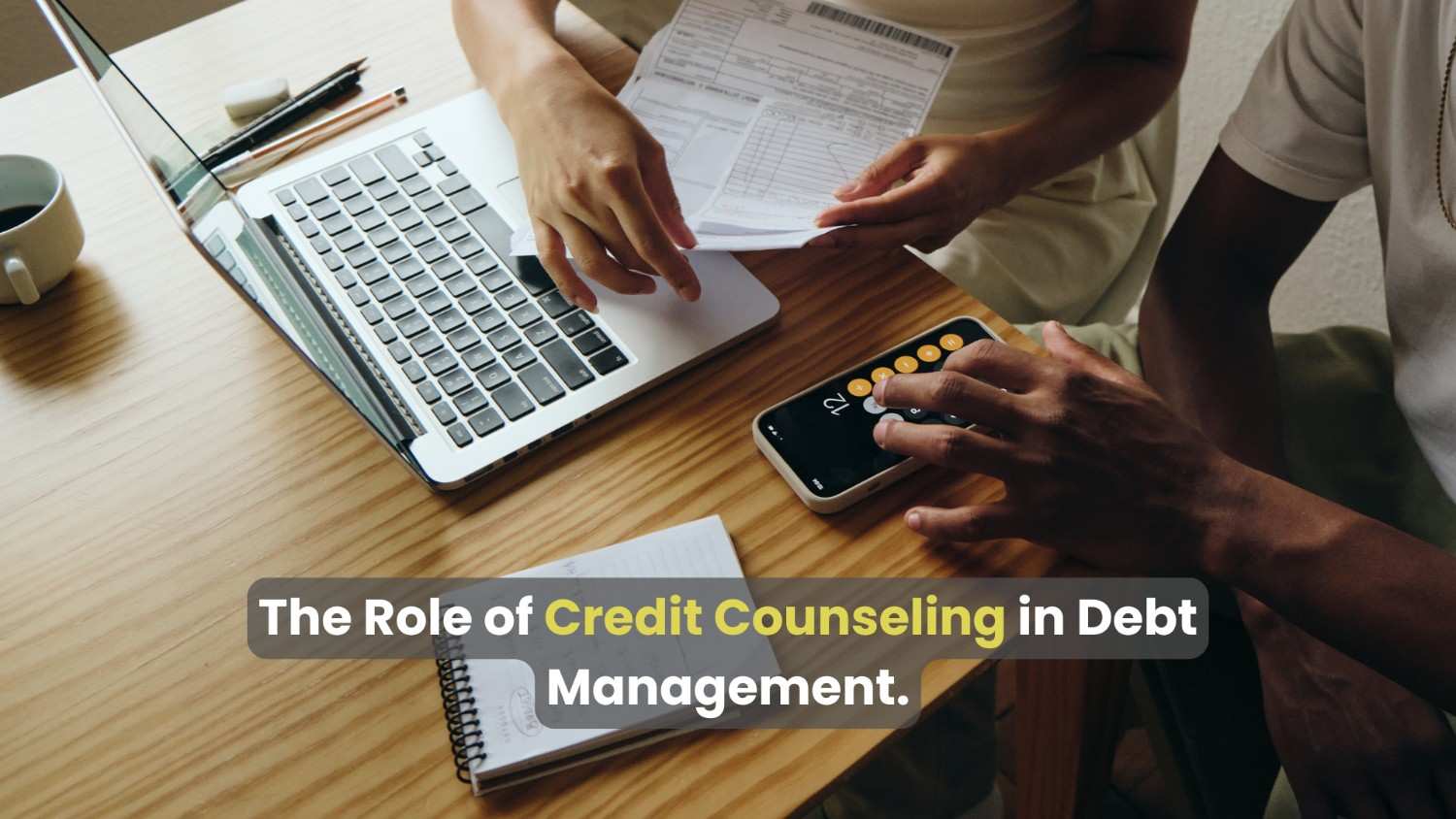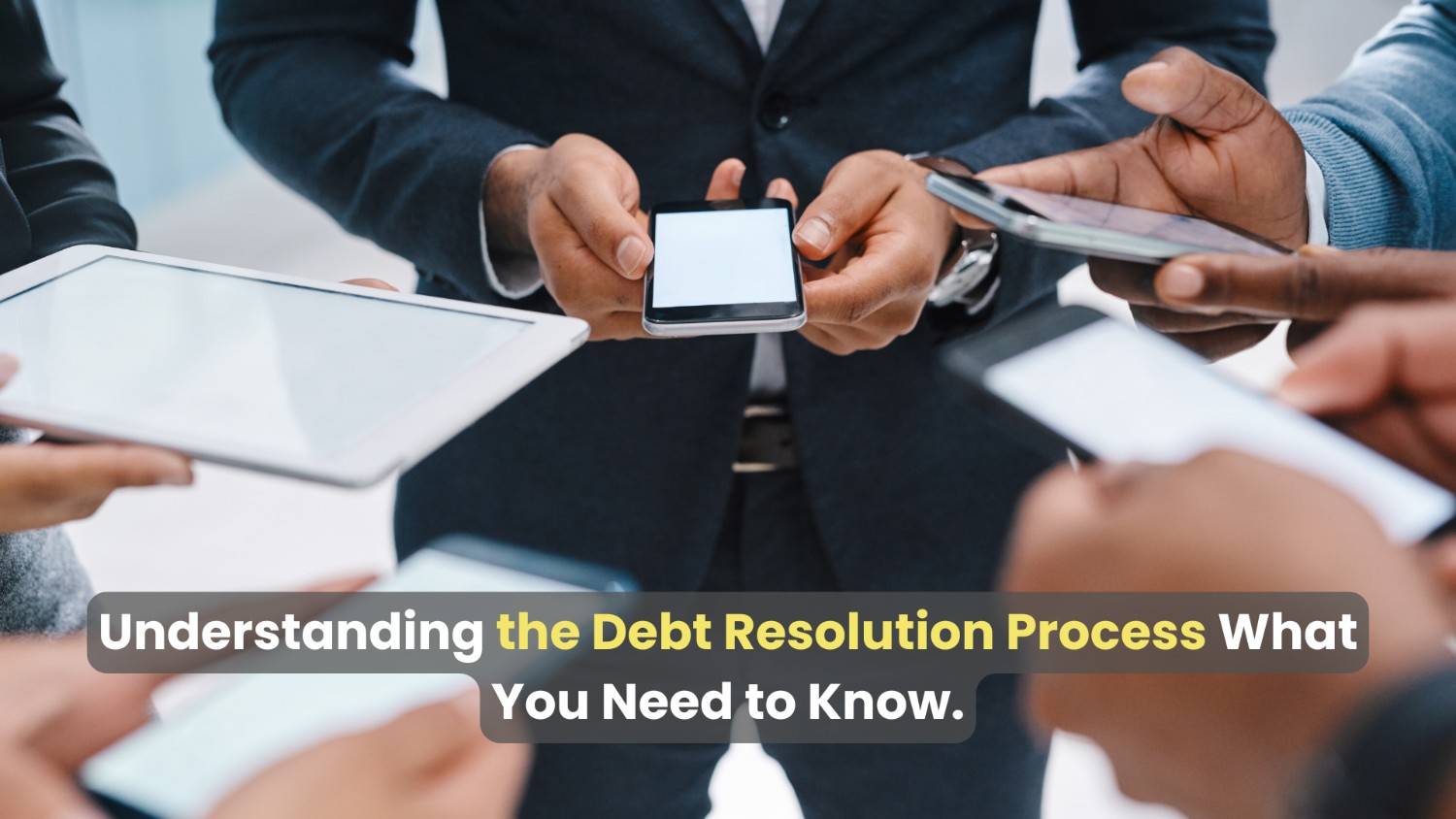· Debt Management · 5 min read
How to Negotiate with Creditors for Better Debt Terms: Effective Tips for Debt Management
Learn how to negotiate with creditors for better debt terms, including lower interest rates and reduced fees. Discover strategies that can help you manage debt more effectively.

Dealing with debt can feel overwhelming, but negotiating with creditors for better terms can make a huge difference in managing your financial situation. Whether you’re facing high interest rates, late fees, or simply struggling to keep up with payments, negotiating with creditors can give you the breathing room you need to get back on track.
In this article, we’ll explore the steps you can take to successfully negotiate with your creditors and secure better debt terms. And if you’re looking for expert guidance, services like eResolution can offer professional help during these negotiations.
Why Negotiate with Creditors?
Before diving into the how-to, it’s important to understand why negotiating with creditors is beneficial. When you’re struggling to make payments, creditors would rather work with you than risk losing the entire debt amount. By negotiating, you could potentially lower your interest rates, waive fees, or even reduce the overall amount owed.
Negotiating better terms allows you to manage your payments more effectively, ultimately saving you money and stress in the long run.
Steps to Prepare for Negotiation
Before picking up the phone or sending an email to your creditor, it’s essential to prepare. Here’s what you need to do:
Know Your Finances:
The first step is to assess your financial situation. Make sure you have a clear understanding of how much you owe, the interest rates, and your current monthly payments. This will give you a realistic view of what you can afford and what you need from the negotiation.Create a Budget:
A well-planned budget is essential when negotiating. Knowing exactly how much you can afford to pay will help you make a reasonable offer to your creditors. Having this information will also make your request more credible.Know What You Want:
Be specific about what you want to achieve. Are you hoping to lower the interest rates? Reduce the total amount owed? Get rid of late fees? Set clear goals before the conversation so you know what to ask for.
How to Negotiate with Creditors
Now that you’ve prepared, let’s dive into the actual negotiation process.
Start with a Polite Approach:
Creditors are more likely to work with you if you approach them politely and professionally. Start by explaining your financial situation and why you’re having difficulty making payments. Keep the tone respectful and understanding.Make Your Request:
Clearly explain what you’re asking for. Whether it’s lowering the interest rate, setting up a payment plan, or removing late fees, be specific. For example, you could ask for an interest rate reduction or a monthly payment that fits your budget.Offer a Lump-Sum Payment (If Possible):
If you have some savings, offering a lump-sum payment could be an attractive option for your creditor. Many creditors are willing to accept a smaller, one-time payment if it means they’ll receive something rather than nothing. This is especially useful if you’re facing significant financial hardship.Be Ready to Negotiate:
Creditors might counter your offer or request additional information. Be prepared to negotiate. If they refuse your first request, don’t be discouraged—try to find a middle ground that works for both sides. If you can’t afford the entire amount, see if they are willing to lower the payment or interest rate.Put Everything in Writing:
Once you’ve reached an agreement, make sure to get it in writing. This protects both parties and ensures that there is no confusion about the terms of the deal.Stay Persistent:
Negotiating with creditors can be a long process, and it’s possible they won’t agree to everything you ask for. However, staying persistent and continuing to communicate can help you get better terms over time. If needed, consider reaching out to eResolution for professional assistance in managing the negotiation process.
What to Do if Creditors Reject Your Proposal
In some cases, creditors may reject your proposal. While this can be frustrating, it’s important to keep a few things in mind:
Try Again:
If your initial request is rejected, don’t give up. You can try negotiating again after some time has passed, especially if your financial situation improves.Seek Professional Help:
If you’re unable to reach a favorable agreement, consider enlisting the help of a debt management service like eResolution. They have experience working with creditors and can help you negotiate better terms.Look for Alternative Solutions:
If negotiations continue to fail, other options like debt consolidation or debt settlement might help you resolve your financial struggles.
The Benefits of Successful Negotiation
If you manage to negotiate with your creditors and secure better terms, the benefits can be significant. Here are a few ways it can positively impact your financial situation:
Lower Monthly Payments:
By reducing your interest rate or extending your loan term, you can lower your monthly payments, making it easier to stay current.Reduced Interest Rates:
Lower interest rates mean more of your payment goes toward paying down the principal, helping you get out of debt faster.Fewer Fees:
Negotiating for the removal of late fees and other charges can significantly reduce the amount you owe, freeing up more money for your monthly expenses.
Conclusion
Negotiating with creditors for better debt terms is an essential skill in debt management. By preparing, communicating effectively, and being persistent, you can improve your financial situation and regain control over your debt. If you’re unsure about how to begin or need help negotiating, services like eResolution can guide you through the process and provide the expertise needed to get the best deal possible.
FAQs
**How do I start negotiating with my creditors?
**Start by assessing your financial situation and preparing a budget. Then, reach out to your creditors with a polite request for better terms.**Can I negotiate a lower interest rate?
**Yes, many creditors are willing to lower interest rates if you explain your financial hardship and show that you’re committed to paying off the debt.**What happens if my creditors refuse to negotiate?
**If your creditors reject your proposal, you can try again later or seek professional help from a debt management service.**Is negotiating with creditors a long process?
**The negotiation process can take some time, but persistence and clear communication will increase your chances of success.**Should I consider professional help for debt negotiations?
**If you’re struggling with negotiations, professional services like eResolution can help you navigate the process and get better results.



